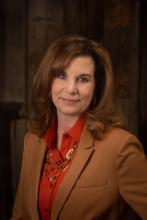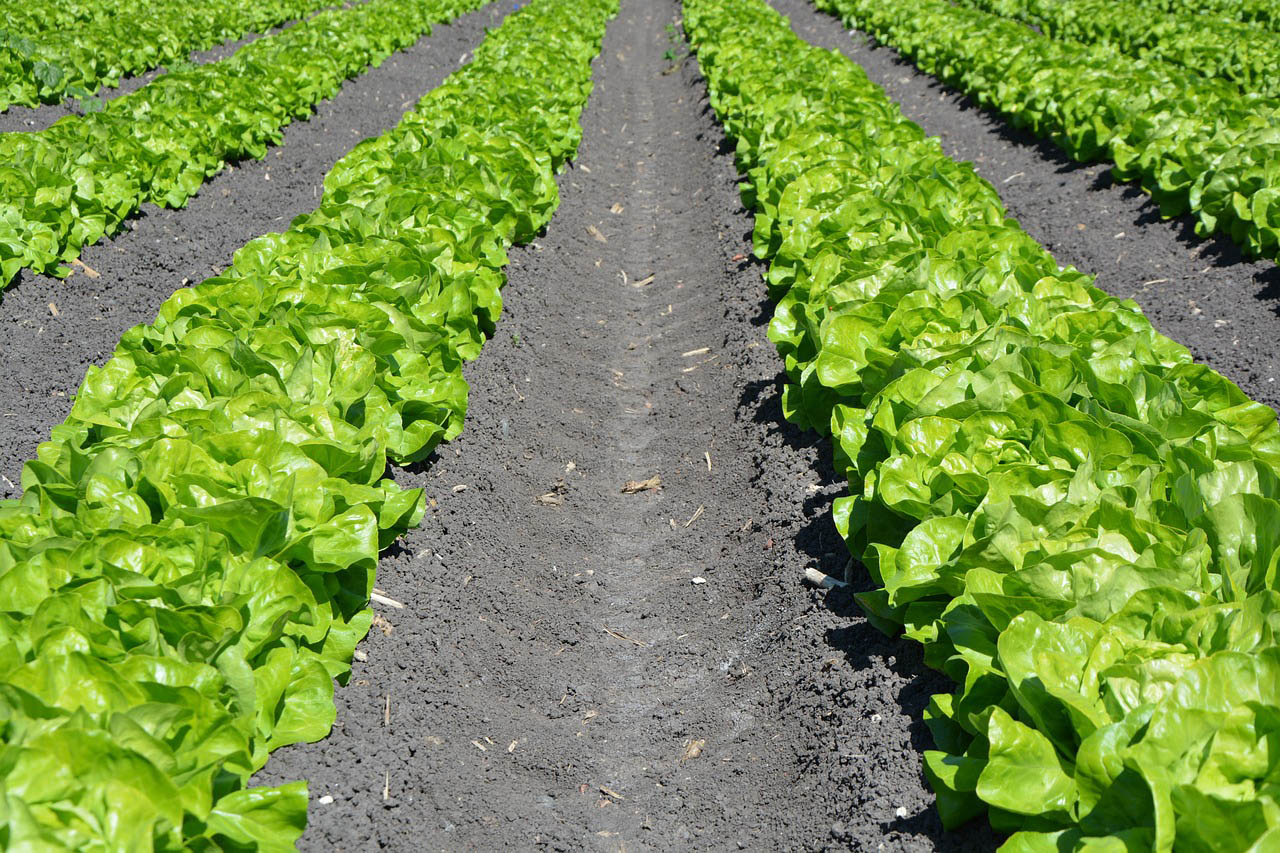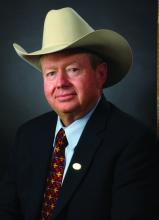
Suzanne Menges (Chairman)
As the daughter of a career Army officer, Suzanne Menges grew up all over the United States. She has traveled extensively in Australia, Europe and served as a short-term missionary in Rwanda. After receiving her undergraduate degree from New Mexico State University in 1987, she began her teaching career in Morenci, AZ, where she married a local rancher, Jeff Menges. Suzanne went on to receive Master’s (Northern Az University) and Doctoral degrees (University of Arizona) in educational leadership, focusing on adult training and education. She was appointed a State Commissioner for Higher Education in 2013. Suzanne has worked for school districts where she specialized in designing training programs for educators, and for Freeport McMoRan mining company where she and her team created and delivered a leadership development program for company supervisors throughout the country.
For over three decades Suzanne has lived and worked on the ranches the family has established in Graham and Greenlee counties. Her areas of interest have included beef promotion, consumer education and ag policy development. She has served in many capacities of leadership in cattle industry associations, including as Region Director for the American National Cattle Women (ANCW) and as President of the state-level affiliate of ANCW. She established the Graham County Cattle Women in 2013, served as its first president, and remains an officer in that organization. She currently serves as President of the Arizona Cattle Industry Foundation, a non-profit organization that promotes research and education programs of the Arizona Cattle Growers Association. With her husband and sons Mark, Ben and Luke, Suzanne has enjoyed developing the family’s ranching operations and producing high-quality Arizona beef.
Peter Andrew "Andy" Groseta (Co Chairman)
Andy Groseta is a third generation rancher from Cottonwood. His family is one of the pioneer mining and ranching families that settled in North Central Arizona. Andy and his wife Mary Beth own and operate the W Dart Ranch, a cow- calf operation that includes deeded, state and forest lands. His family has been in the ranching business in the Verde Valley since 1922. He is a 1972 graduate of the University of Arizona with a B.S. in Agricultural Education and Animal Science and he received a Masters Degree in Agricultural Education in 1978. He was an Agricultural Education Teacher/FFA Advisor at Amphitheater High School (Tucson) 1972-1980. He and his wife have three children, Paul (Gretchen) Groseta, Katy (Kelly) Wright and Anna (Bass) Aja, All three of their children and their spouses are involved in agriculture. They have ten grandchildren. He is a co-owner of Headquarters West, Ltd., a statewide agribusiness firm specializing in farm and ranch brokerage, appraisals, management and consulting. He has served in leadership roles in several Ag and non-Ag organizations. He is a past President (2008) of the National Cattlemen's Beef Association, past President of both the Arizona Cattle Growers Association and the Yavapai Cattle Growers Association. He is a past President of the U of A Ag Alumni Council and was recognized as the 2011 Agriculturalist of the Year. In 2004, he and his wife Mary Beth were recognized as the Arizona Agriculturalists of the Year by the Arizona FFA Association. He was inducted into the Arizona 4-H Hall of Fame in 2013. He received the U of A Cooperative Extension Centennial Award in 2014. In 2015, he received an Honorary Doctor of Science Degree from the University of Arizona. He was inducted into the 2017 Arizona Farming and Ranching Hall of Fame. He is a past Chairman of Northern Arizona Healthcare system and past Chairman of the Catholic Community Foundation. He currently serves on the U of A National Leadership Council and serves as a CARET (Council for Agricultural Research, Extension and Teaching) representative for the University of Arizona. He is President of the Cottonwood Ditch Association.
John Boelts

John Boelts and his wife Alicia own and operate Desert Premium Farms where they grow conventional and organic vegetables, durum wheat, cotton, melons sudangrass and and various other crops, in Yuma County. Prior to being appointed by Governor Doug Ducey to serve Arizona Agriculture on the Department of Agriculture Advisory Board, John served the industry by serving two two year terms as Yuma County Farm Bureau’s President and was elected 2nd vice-president for Arizona Farm Bureau in November, 2013. Also, John was recently selected to participate in the American Farm Bureau program Partners in Advocacy Leadership. John and Alicia were also runner-up winners in the American Farm Bureau Achievement Award Competition in January, 2013.
The couple enjoy serving the industry through Farm Bureau, community outreach through Ag in the classroom and have participated in several media campaigns such as America's Heartland, to promote agriculture for ours and future generations. They have three children Andrew(13), Matthew(11),and Daisy(9). When they’re not busy farming John and Alicia enjoy supporting their children in their many educational and extra-curricular activities, traveling with family and boating on the Colorado River.
Patrick Cooley

Patrick Cooley was born in Brawley California in 1964. He graduated from Brawley Union High School in 1982 and immediately followed his passion as a very natural and successful young artist. He then changed direction and started his current career accidently in 1985 delivering seed for Keithly-Williams Seeds in the summer between art school semesters and construction jobs. He loved the challenge, so he left school and was hired full time by KWS in 1986. Pat was soon promoted to warehouse manager and in 1987 stepped in as the general manager when the acting manager at the time was seriously injured in an accident. 6 months later he was moved to a product development position and shortly thereafter a sales position. He Moved to Yuma AZ in 1988 and began a very successful sales career and was responsible for establishing KW’s presence in the Yuma and surrounding areas where they have become the world leader in vegetable seed sales ever since. He established and managed the Yuma locations and the successfully growing business. Sales in his territory grew from 200K to over 12mm in 10 years. In 1999 Pat was promoted to global sales manager where he continued as a catalyst for the successful growth of Keithly-Williams managing a young aggressive sales team. In 2004 Pat was promoted to General Manager and has had a huge impact on the company’s success ever since. Today the company is a diversified agribusiness with 4 separate divisions and over 220 employees in numerous locations of North America. Pat is currently co-owner and the acting President who runs the day-to-day operations of these divisions which include Seed, Transplants, equipment fabrication and Ag services such as transplanting and thinning. Annual revenue is in excess of 160 mm. Pat and his wife Kirin reside in Yuma. They have 3 married children Michael (Nasira), Chelsea (Matt) and Elliot (Elizabeth) plus 2 grandsons Mason and Emmett and 3 granddaughters Shaedyn, Ainsley and Isla. They just celebrated their 35th wedding anniversary. Pat is very active in the community and major supporter of Yuma Catholic High School where he spent many years on the board of trustees and three years as its chair. He was awarded the heart of Yuma leadership award in 2017. He is active in Western growers, Yuma fresh vegetable assoc. and with several game and fish and conservation organizations in several states and countries. He is one of a group of dedicated volunteers who are considered the world authority on rainwater catchment systems for desert wildlife.
Open Meeting Law Disclosure Statement
The Arizona Agriculture Advisory Council is a legislatively established, governor-appointed body that reviews agricultural policy and assists the department director in formulating administrative rules and the department's budget.
By statute, two council members must be involved in the livestock industry, two members must be involved in the plant production industry, and one member must be involved in agribusiness.
-
Food Access
Finding Healthy Food in ArizonaConnecting people, food, and resources through partnerships with producers, non-profits, for-profits and government.
-
Get a License
Apply For, Renew, or look up a LicenseEnter our Licensing and Payment System then use the filter at the top to find the license you want to apply for or renew or find existing license information, including CEU's

